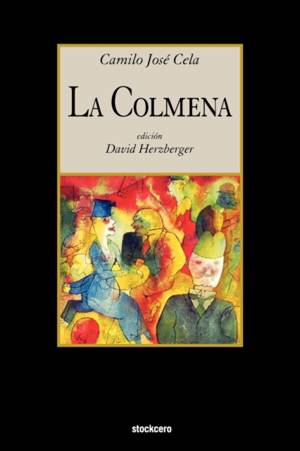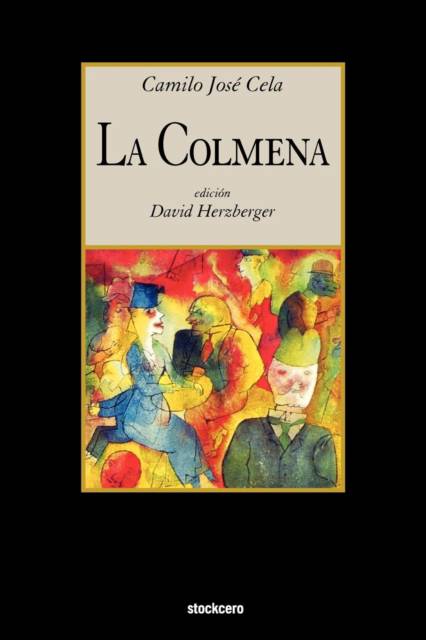
- Afhalen na 1 uur in een winkel met voorraad
- Gratis thuislevering in België vanaf € 30
- Ruim aanbod met 7 miljoen producten
- Afhalen na 1 uur in een winkel met voorraad
- Gratis thuislevering in België vanaf € 30
- Ruim aanbod met 7 miljoen producten
Zoeken
Omschrijving
There are reasons to believe that Camilo Jose Cela knew perfectly well what he was doing as he wrote, between 1945 and 1950, «La colmena», a novel that would counterweight the positive image the Franco regime was striving to build. In his foreword to the first edition Cela justifies and describes his text as a «pale reflection ... a humble shadow of the daily, harsh, deep and painful reality.» His portrait of a sad and desperate Madrid immediately drew the attention of the censors: the novel was banned in Spain until 1955, four years after its first edition was released in Argentina. The idea of portraying the daily Madrid reality constitutes the very essence of «La colmena» and, quite paradoxically, gives the text its universal reach. In the first place «La colmena» is a novel with no main character or plot in a traditional sense: a host of characters (more than three hundred between real and fictitious) and sub-plots, run along the streets in this intricate work. Its unity, though, resides in the most frequently mentioned character, Martin Marco, whose wanderings along the distinct Madrid boroughs and spaces render the novel a certain structural coherence. At the same time the novel sets the «hive» characteristic right from its title, so the laborious existence of the characters allow the reader to explore the diverse corners of the city and the people that strive to survive there. But the «hive» image is also a paradox. Undoubtedly there is the racket and constant movement, but the teeming characters are portrayed as unemployed worker bees, thus without purpose or hope. In this sense Cela's Madrid is a space in which misery, poverty and decay are deeply rooted. The inhabitants of this city do not know where they are going to, or what is their purpose or destiny. And it will be from here that the most relevant topic of «La colmena» -solitude and isolation- stems. There is no real communication between characters as they all live immersed in their own, isolated, existential vacuum. «La colmena» became an immediate inspirational model for a new generation of young writers, that started publishing in the '50s centering their interests in the exploration of the social and political conditions of their present Spain. Though Cela abandoned the detailed depiction of reality in his following work («Mrs. Caldwell habla con su hijo», 1953) «La colmena» stood as a reference for the social realistic novel during a decade. For many writers, mainly those who foresaw to use their narrative works as social and political tools to criticize The Franco regime, Cela's novel became the indisputable starting point, both to reveal and transform the Spain ill-being.
Specificaties
Betrokkenen
- Auteur(s):
- Uitgeverij:
Inhoud
- Aantal bladzijden:
- 296
- Taal:
- Spaans
Eigenschappen
- Productcode (EAN):
- 9781934768563
- Verschijningsdatum:
- 15/08/2012
- Uitvoering:
- Paperback
- Formaat:
- Trade paperback (VS)
- Afmetingen:
- 152 mm x 229 mm
- Gewicht:
- 435 g

Alleen bij Standaard Boekhandel
+ 125 punten op je klantenkaart van Standaard Boekhandel
Beoordelingen
We publiceren alleen reviews die voldoen aan de voorwaarden voor reviews. Bekijk onze voorwaarden voor reviews.








